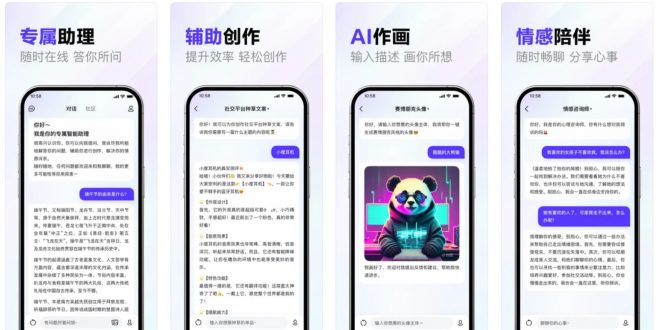One month after announcing its provisional measures to oversee generative AI, China approved the first large language model-empowered public services.
Baidu’s Ernie Bot, ByteDance’s Doubao, Sogou founder’s Baichuan, and chatbots from Tsinghua University and Chinese Academy of Sciences labs are among eight generative AI applications registered with China’s cyberspace authority.
After two decades of lax tech policies, China now prioritizes innovation control over development speed. China has created a few licensing frameworks to regulate its tech industry, giving it more control over the massive amounts of data that shape people’s ideas and lives.
To launch a game in China, a company must file it and undergo content reviews before publishing it on app stores.
The unpredictable nature of generative AI makes it an obvious target for Chinese authorities, who are proactive in regulating the fast-evolving technology. The AI law requires generative AI service providers to obtain an administrative license and register algorithms that can influence public opinion with the relevant government organ.
The LLM chatbots’ successful filings could lead to rapid growth and mass adoption in China months after the tech giants unveiled their ChatGPT counterparts but restricted access to industry insiders. Baidu’s Ernie Bot topped China’s free iOS apps a day after filing, boosting the company’s Hong Kong share price on Thursday.
 Tech Gadget Central Latest Tech News and Reviews
Tech Gadget Central Latest Tech News and Reviews




